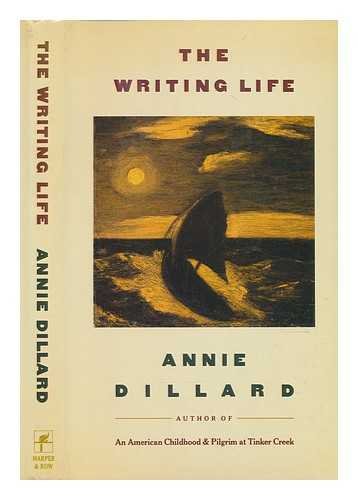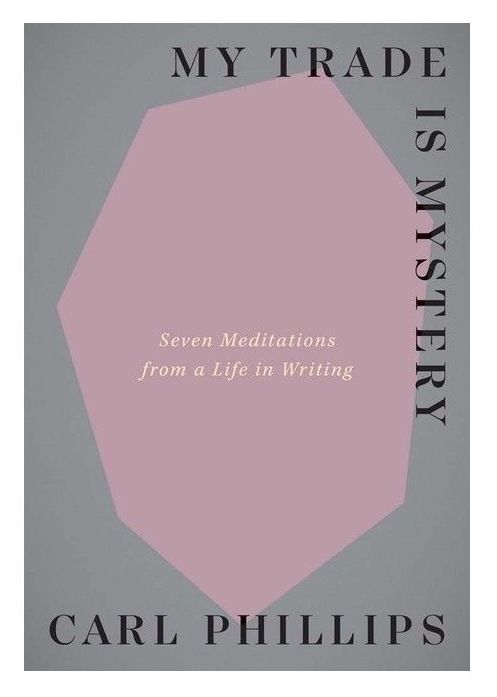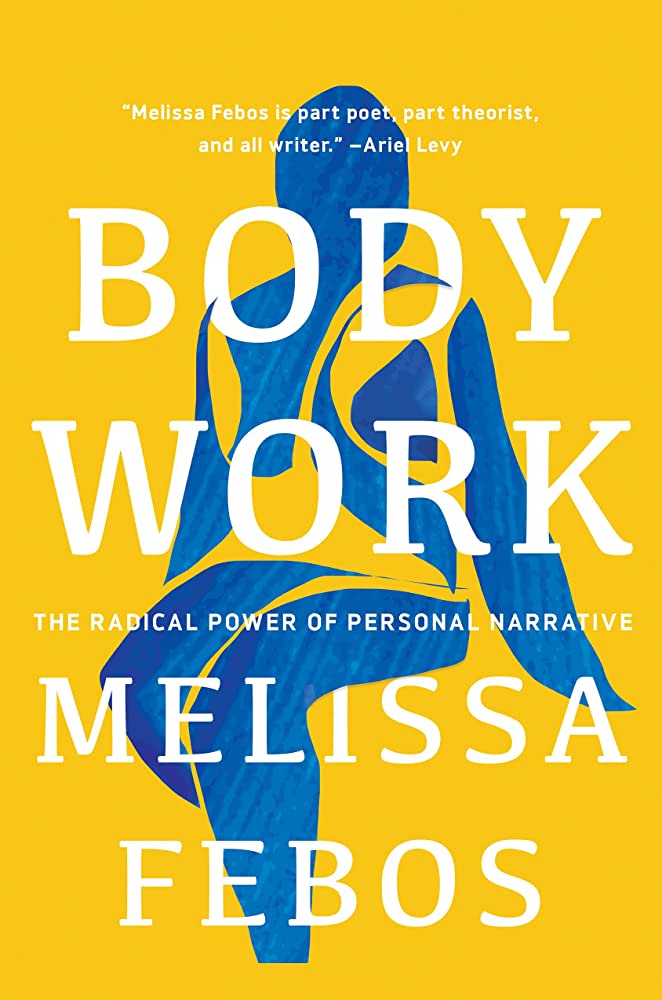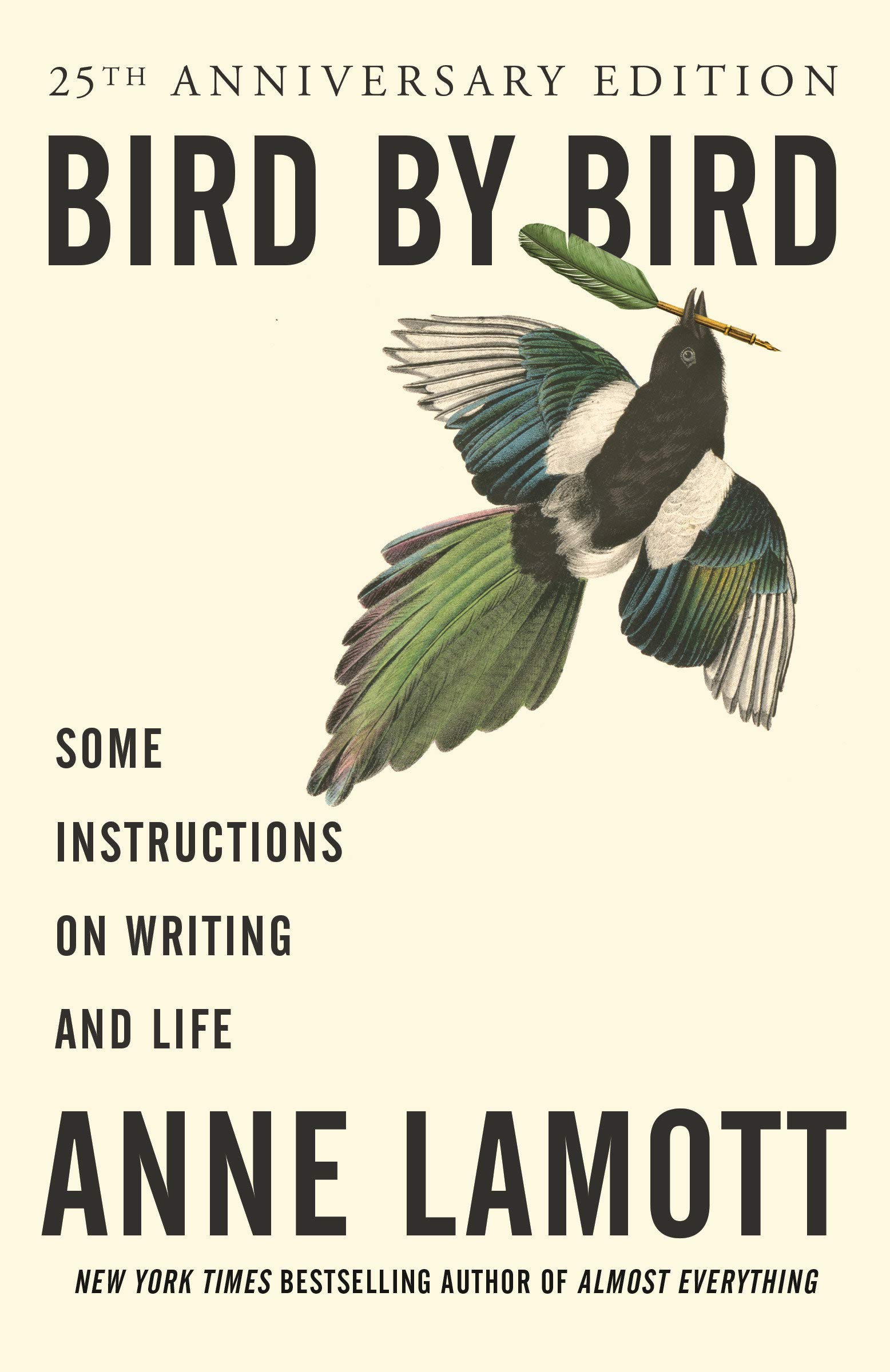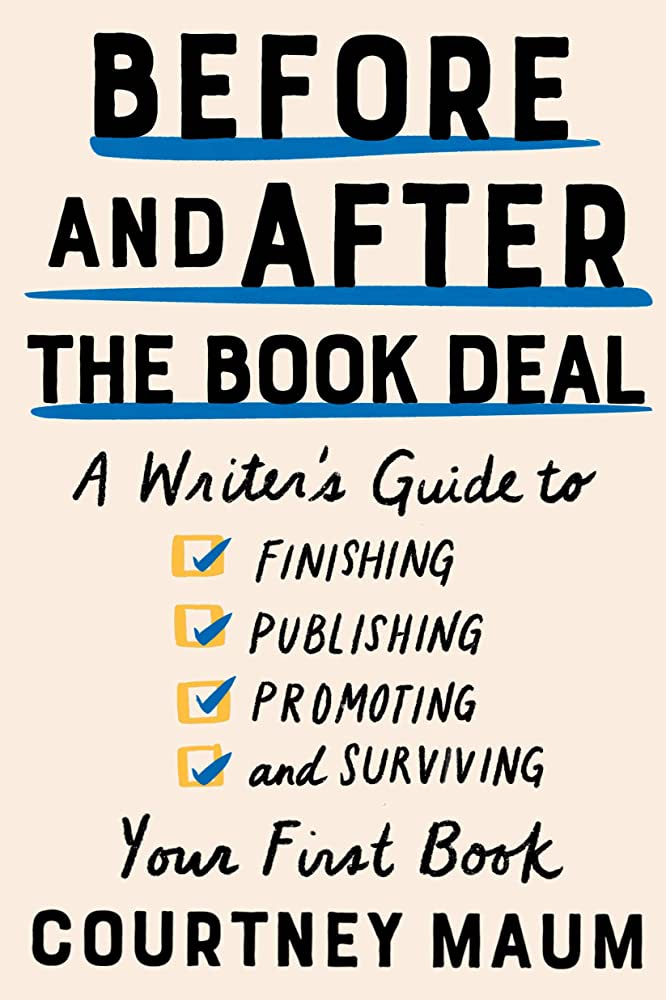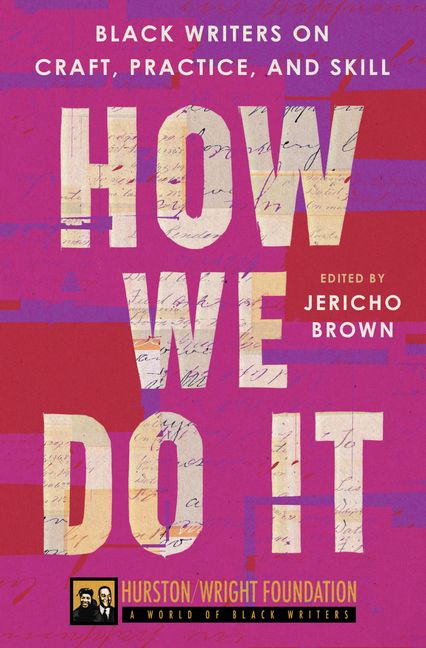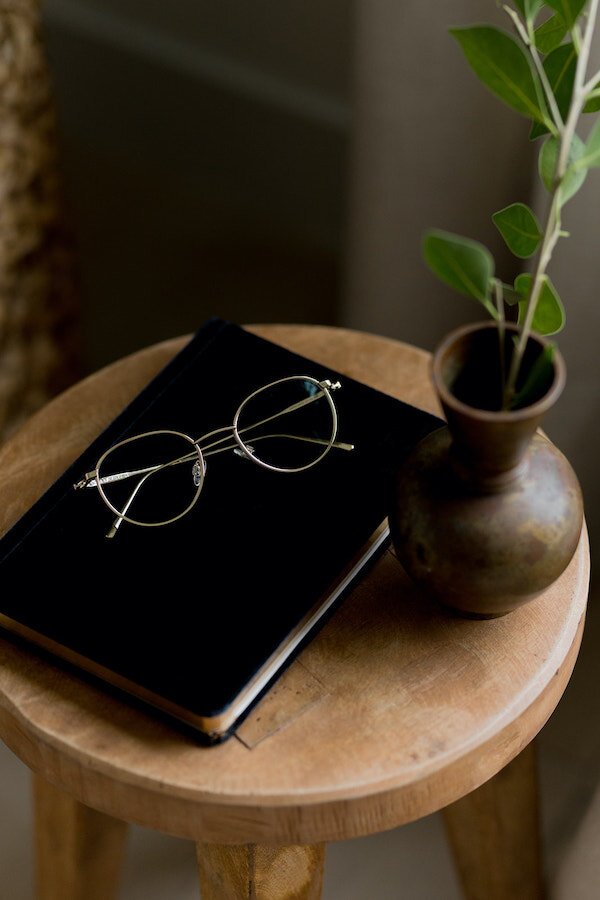
The Best Books On Writing—From A Writer
I can’t tell you how many books and blogs I’ve read on writing and the creative process. Since knowing I wanted to pursue writing more seriously in my 20s, I’ve devoured (okay, skimmed) too many books that go over all the ins and outs of how to write a story—from craft and story structure to the best writing platforms and how to revise your drafts. Some advice says to write every day no matter what; others recommend to take breaks. Some authors suggest fancy writing software; others swear by pen and paper. At a certain pont, all the advice blurs together and it’s impossible to retain let alone practice every single recommendation. Eventually, you have to figure out what works best for you and—yes, the hardest part—sit down and write your story.
That said, there are a few wonderful writing books out there that I swear by for my own practice. While this list isn’t comprehensive, it includes a few gems I believe are fresh, unique, and short or small enough to carry with you. Most importantly, these books are more concerned with examining the writer’s life than the writing itself (something I’ve come to learn must be figured out at the individual level). Hopefully they offer you a bit of wisdom as well.
For more writing recommendations, check out these 99 creative writing prompts and these writing classes you can take online.
1. The Writing Life by Annie Dillard
This is one of my all-time favorite essay collections for creative inspiration or for whenever I feel like I’m in a writing rut. I first read it during grad school in a single afternoon (it’s only 111 pages) and was captivated by Dillard’s ability to articulate the joys and pains of life as a working writer. Each micro essay includes metaphors, anecdotes from her experiences, and probing questions for the reader to examine their own writing life. It’s a quick and breathless read, but one that stays with you forever. Here is one of my favorite passages:
“Who will teach me to write? A reader wanted to know.
The page, the page, the eternal blankness, the blankness of eternity which you cover slowly, affirming time’s scrawl as a right and your daring as necessity; the page, which you cover woodenly, ruining it, but asserting your freedom and power to act, acknowledging that you ruin everything you touch but nevertheless, because acting is better than being here in mere opacity…” (Dillard, 58-59)
2. My Trade Is Mystery by Carl Phillips
This little writing book is such a gem! I first started reading it this past winter and had to force myself to slow down so that I could savor every single word from the accomplished writer, poet, and teacher Carl Phillips. The book jacket describes this as the “ultimate companion for writers at every stage of their journey,” and it truly is such. It’s also a fresh take on writing advice in a market saturated by how-to writing books and instruction manuals. Here is a passage I continue to revisit:
“To write poems that make a meaningful difference, that do the transformative work of showing readers (and myself as the writer) the world in a new way—this is difficult, yes. But the chance for surprise makes the work inviting. Difficulty, surprise—maybe that’s all a career comes down to. Difficulty meets surprise, and—without having thought to choose to—they mate for life.” (Phillips, 27)
3. Body Work by Melissa Febos
Melissa Febos has long been one of my favorite authors and essayists. Her work is raw and profoundly human. When I learned she was publishing her own book on writing, I couldn’t wait to get my hands on it, knowing it would offer a fresh and intimate take on personal narrative. It has, of course, exceeded my expectations and become a regular companion to my own writing practice. In a little more than 150 pages, Febos transforms the way writers consider the page and how we use it to explore our truest and most personal stories—which often include desires and physical bodies. Author Alexander Chee calls it “one of the most liberating books on the subject of writing.” I suggest every writer snag a copy to keep on their desk.
4. Bird by Bird by Anne Lamott
Is a writing book roundup complete if it doesn’t include Bird by Bird? While an older book on the market (first published in 1994), there’s a reason Anne Lamott’s work continues to be praised and quoted by writers everywhere—my own copy is dog-eared, weathered, and hardly decipherable from highlighter and margin notes.
Lamott has long been known for her honest writing and ability to put things plainly for readers, and she does just that in this instruction manual, too. If I’ve taken anything from my reading (and re-readings) of her words, it’s that there is nothing more sacred than finding your inner voice and allowing it to live on the page. “Train yourself to hear that small inner voice,” she writes. (113, Lamott)
5. Before and After the Book Deal by Courtney Maum
If you’re writing a book (or want to), this is essentially the bible you’ll want to memorize and reference again and again. Courtney Maum offers insider advice from the book publishing world, whether you’re trying to finish your novel, find an agent, or navigate the terrifying waters—and jargon—of the pub industry. I reference my copy weekly, if not more, and recommend it to anyone who tells me they are writing a book. You can also subscribe to Maum’s substack newsletter for regular writing advice delivered to your inbox.
Forthcoming: How We Do It by Jericho Brown and Darlene Taylor
This one isn’t out in the world until summer, so while I can’t give my personal recommendation just yet, I can say I think it’s going to be very, very good. It includes experiences and expertise from more than 30 acclaimed writers and celebrates the Black creative spirit. Preorders are super important for authors and the success of books, so consider ordering a copy before pub date to express your interest. (Plus, it’s always fun to get a book in the mail that you purchased months ago!)
Kayti Christian (she/her) is the Managing Editor at The Good Trade. She has a Master’s in Nonfiction Writing from the University of London and is the creator of Feelings Not Aside, a newsletter for sensitive people.

